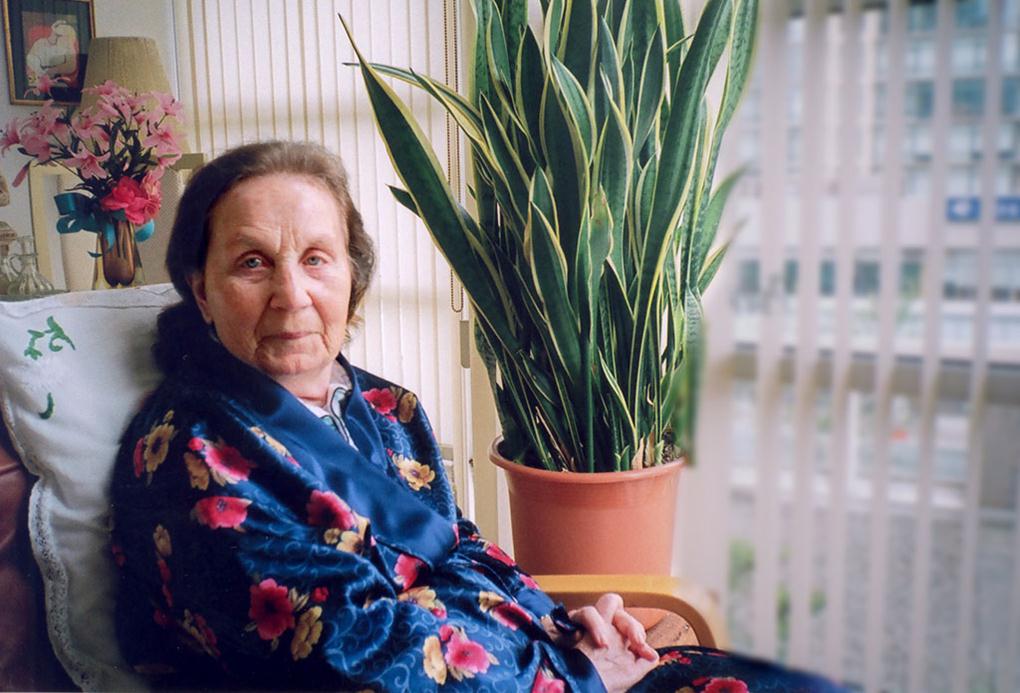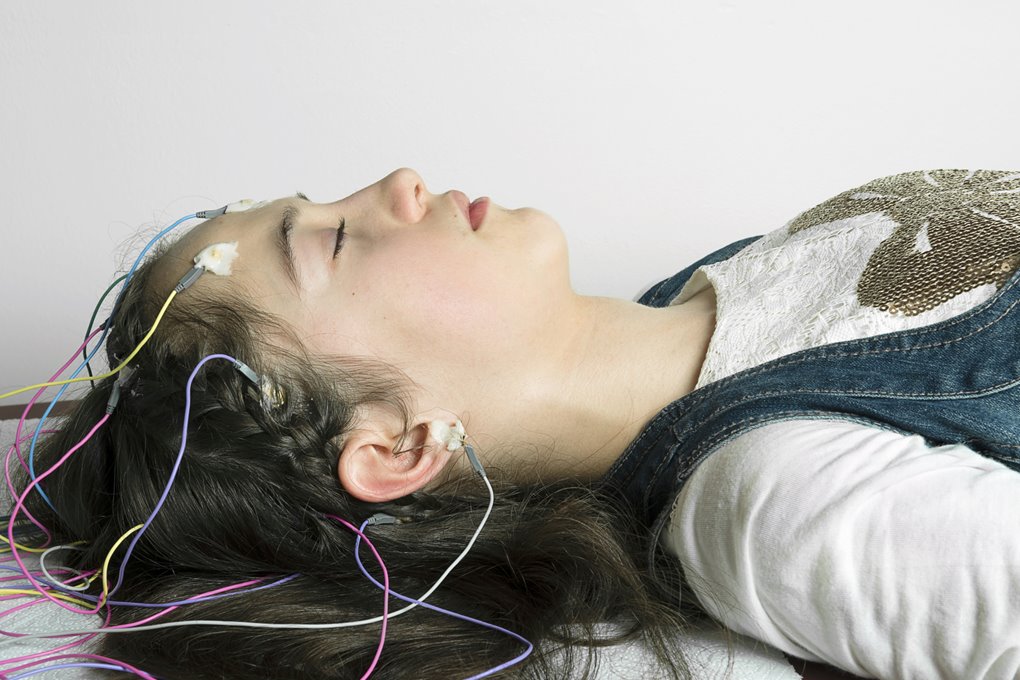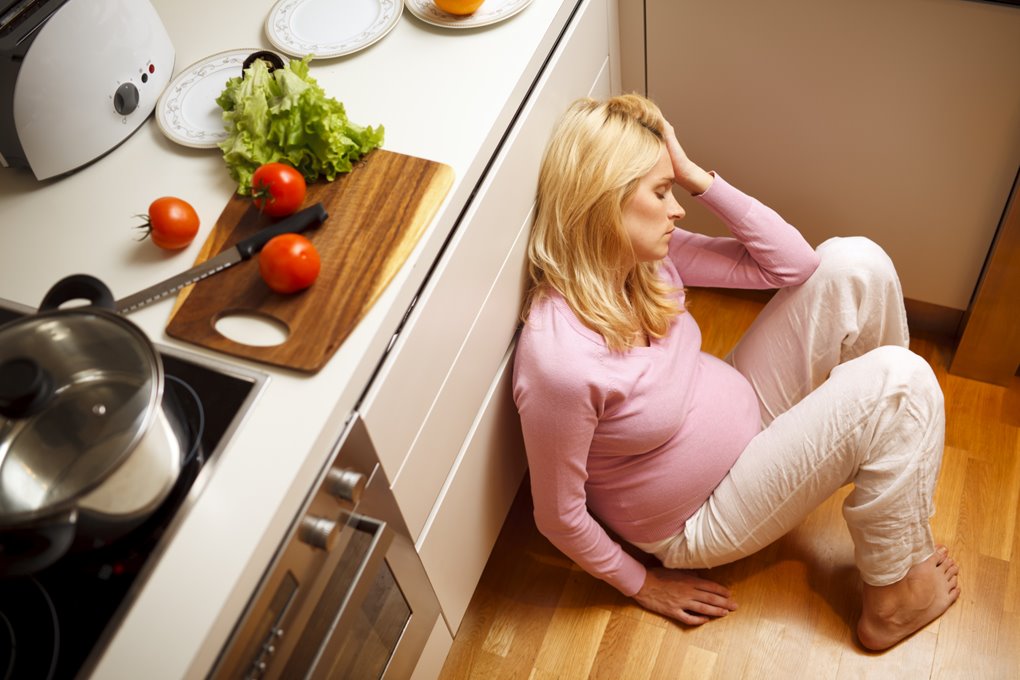Receiving the news that you are pregnant is supposed to make you radiate with joy. However, for many women this may not be the case, and such communication often leads them to depression. Pregnancy is often portrayed as one of the happiest stages in a female’s life.
In TV shows and movies, pregnant women anticipate having their bundle of joy in their arms. In reality, expecting someone new is just another reason to be stressed. Depression during pregnancy is medically known as perinatal depression. The implications of this depression include miscarriage and premature birth.
What causes depression during pregnancy?
Depression during pregnancy is hardly talked about. Some reasons cause pregnant women to be depressed. One is financial pressure; a baby means more expenses and most women do not think they can meet. Others reasons are hormonal imbalances, lack of family support and fear of being a single mom. The most common cause is an unplanned pregnancy. Nothing spells disaster to a woman’s mental health than being expectant and totally unprepared for it.
Are there any risk factors that expose women to perinatal depression?
Yes, certain conditions put pregnant women at the risk of depression. These include previous occurrences of miscarriages, breakups during pregnancy, history of perinatal depression in your family and complications during pregnancy.
Types of perinatal depression
There are different stages of pregnancy and depression can be experienced at any stage. At each stage, the perinatal depression is unique leading to different types.
First, there is prenatal depression; it is experienced during pregnancy. Up to 20% of pregnant women worldwide suffer from this. During prenatal depression, women are irritable, sad, weep a lot, anxiety, lack of attachment to the fetus, insomnia, and fatigue.
The second type is ‘baby blues’, which is experienced in the first week after delivery. It usually lasts for two weeks and women are moody, feel overwhelmed, have a heightened sense of empathy, frustration, insomnia and anxiety.
Thirdly, there is postpartum depression which begins within the first three months after delivery. The symptoms are similar to the previous types of perinatal symptoms. Also the women experience amnesia, concern for the baby’s safety, little self-interest and feeling inadequate. The symptoms are intense and can lead to mothers being suicidal. Up to 20% of new mothers go through postpartum depression.
Finally, there is postpartum psychosis, which is a rare form of depression, is usually experienced during postpartum depression. It can occur any time after delivery. This depression is characterized by hallucinations, delusions of harming the child, delirium, homicidal and suicidal thoughts.
How do you deal with perinatal depression?
It is important to treat depression during pregnancy for the child’s and the mother’s safety. Some ways to cope with depression during pregnancy are eating a proper diet, get exercise; swimming is great for women, keep yourself occupied and get enough sleep. Rest is an essential, and it is a good antidepressant.
It is common to lose self-esteem and feel inadequate when experiencing perinatal depression. To feel better get stylish maternity clothes, accessories and put on some makeup. Also, talk to your partner, friends, and relatives to feel better. The US also recommends screening of women after delivery.
Image source: Thinkstock/JarekJoepera



